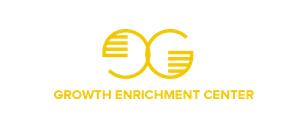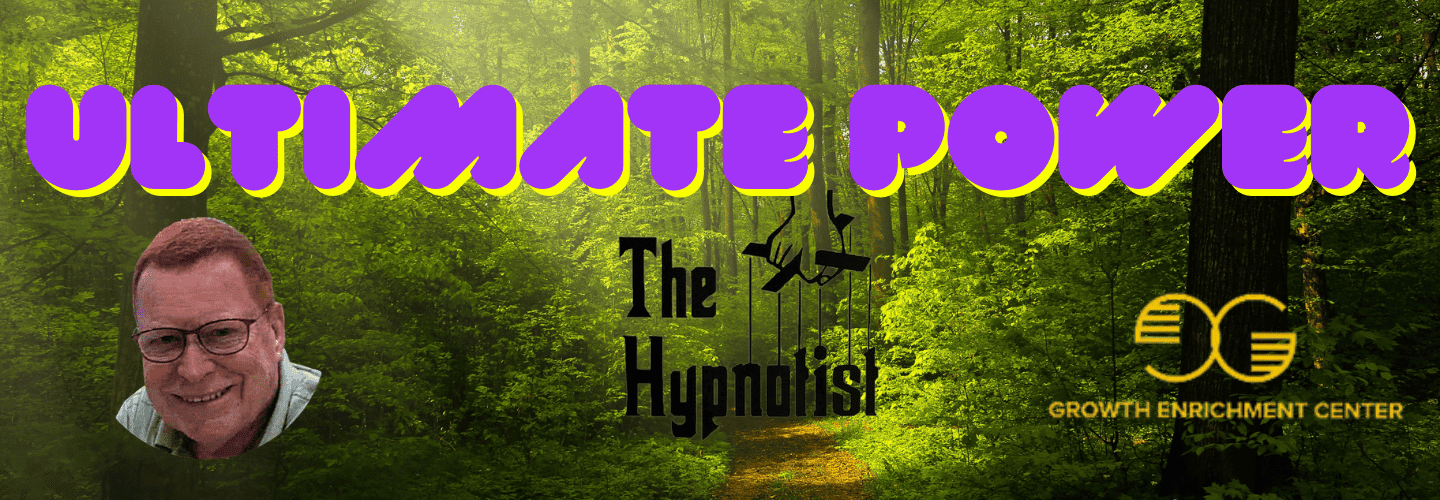
To combat confirmation bias in perception, you must first acknowledge its insidious influence on your thoughts and beliefs. By actively challenging your assumptions and seeking out opposing viewpoints, you can begin to dismantle the walls of bias that cloud your judgment. Embracing discomfort and engaging in critical self-reflection are essential steps on the path to developing a more open-minded and objective approach to information processing. Stay tuned to discover practical strategies that can help you navigate the complex terrain of perception and enhance your cognitive flexibility.
Understanding Confirmation Bias
Have you ever wondered why you tend to seek out information that confirms your existing beliefs rather than challenges them? It's a significant phenomenon known as confirmation bias. This cognitive bias influences how we interpret information, often leading us to pay more attention to data that aligns with what we already believe to be true.
When you encounter new information, your brain instinctively looks for patterns and connections. However, instead of approaching this information with an open mind, confirmation bias nudges you towards seeking out evidence that supports your preconceptions. This can create a skewed perception of reality, reinforcing your existing beliefs while disregarding contradictory evidence.
Understanding confirmation bias is important in combating its effects on your decision-making and beliefs. By recognizing this tendency within yourself, you can actively seek out diverse perspectives and challenge your own assumptions. Embracing a mindset that welcomes different viewpoints can help you break free from the constraints of confirmation bias and foster a more open and objective approach to processing information.
Recognizing Biased Information Processing
Recognize how biased information processing can subtly influence your perceptions and decisions, shaping your understanding of reality in ways you may not realize. Our brains are wired to take mental shortcuts, leading us to interpret information in a way that confirms our existing beliefs. This can manifest in various forms, such as selectively paying attention to information that aligns with our views while dismissing contradictory evidence.
When faced with biased information, it's essential to pause and reflect on the potential impact it may have on your judgment. Ask yourself why certain details stand out to you and whether you might be overlooking alternative perspectives. Being aware of your cognitive tendencies is the first step towards combating biased information processing.
Seeking Diverse Perspectives

When navigating biased information processing, exposing yourself to diverse perspectives can broaden your understanding and challenge preconceived notions. Seeking out viewpoints that differ from your own is crucial to help you see the world in a more nuanced way.
Engaging with diverse perspectives allows you to break out of your comfort zone and consider alternative viewpoints that you may not have previously explored.
Listening to individuals with different backgrounds, beliefs, and experiences can provide you with valuable insights that you may have otherwise overlooked. This approach helps you recognize the complexity of issues and fosters empathy and understanding towards others.
Embracing Cognitive Dissonance
Embracing cognitive dissonance can be challenging but rewarding. It involves acknowledging the discomfort that comes with confronting conflicting beliefs and ideas.
Embracing Discomfort for Growth
Have you ever considered how embracing discomfort can lead to profound personal growth and development? It may seem counterintuitive, but stepping out of your comfort zone is where real transformation begins.
When you allow yourself to sit with the discomfort of cognitive dissonance, that feeling of conflicting thoughts or beliefs, you open yourself up to new perspectives and insights. Embracing this discomfort isn't easy; it challenges your existing notions and pushes you to question your assumptions.
However, through this process, you have the opportunity to learn, evolve, and expand your understanding of the world. Remember, growth rarely happens within the confines of what's familiar and comfortable.
Challenging Existing Beliefs
Stepping out of your comfort zone and confronting conflicting beliefs can be a catalyst for personal growth and expanded understanding. Embracing cognitive dissonance, the discomfort that arises from holding contradictory beliefs simultaneously, is a powerful mechanism for challenging existing beliefs.
When you encounter information that contradicts your current convictions, it can be unsettling. However, instead of dismissing it outright, consider it an opportunity for growth. Embracing cognitive dissonance allows you to explore different perspectives, evaluate evidence objectively, and refine your beliefs based on new insights.
Seeking Alternative Perspectives
Engaging with conflicting viewpoints can lead to personal growth and a deeper understanding of the world around you. Embracing cognitive dissonance by seeking alternative perspectives is a powerful way to challenge your existing beliefs and broaden your horizons.
When you actively engage with ideas that differ from your own, you open yourself up to new insights and opportunities for learning. Approaching this process with an open mind and a willingness to explore viewpoints that may initially make you uncomfortable is crucial.
Practicing Mindful Information Evaluation
Navigating the vast sea of information requires applying critical thinking techniques and evaluating sources mindfully. By being aware of your biases and actively seeking out diverse perspectives, you can cultivate a more balanced and informed understanding.
Critical Thinking Techniques
To enhance your critical thinking abilities, engage in the practice of consciously evaluating information with a mindful approach. When faced with new information, take a moment to ponder its source, relevance, and potential biases.
Ask yourself probing questions like, 'What evidence supports this claim?' or 'Are there alternative perspectives to explore?' By actively challenging assumptions and seeking diverse viewpoints, you can cultivate a more nuanced understanding of complex issues.
Remember, critical thinking isn't about dismissing ideas outright but rather about approaching them thoughtfully and analytically. Embrace the opportunity to examine deeper into the information presented, allowing yourself to remain open to changing your perspective based on reasoned evaluation.
With practice, you'll sharpen your ability to think critically and make more informed judgments.
Evaluating Sources Mindfully
Engage in thoughtful reflection when evaluating the credibility of sources to enhance your ability to make informed decisions based on reliable information. Consider the author's expertise, potential biases, and the publication's reputation.
Reflect on whether the information is supported by evidence and if it aligns with other reputable sources. Ask yourself if the source presents a balanced perspective or if it's sensationalized or one-sided.
Remember, it's okay to question and fact-check information before accepting it as truth. By practicing mindful information evaluation, you empower yourself to sift through the noise and discern what's trustworthy.
Trust your instincts, but also be open to adjusting your views based on credible evidence.
Engaging in Devil's Advocacy

When discussing differing viewpoints, challenging the predominant perspective by embodying the opposing stance can help broaden your understanding and diminish confirmation bias. Engaging in Devil's Advocacy allows you to step into the shoes of those with contrasting beliefs, fostering empathy and critical thinking. Here are some key points to ponder:
- Encourages Open-Mindedness: Embracing the Devil's Advocate role pushes you to ponder alternative perspectives, promoting a more inclusive and nuanced worldview.
- Strengthens Analytical Skills: By actively arguing against your own beliefs, you develop the ability to assess arguments critically and identify flaws in reasoning.
- Fosters Constructive Dialogue: Engaging in respectful debates from different viewpoints cultivates a culture of healthy discussion, where ideas are challenged, refined, and understood more deeply.
Utilizing Critical Thinking Tools
Immerse yourself in the world of critical thinking tools to enhance your ability to analyze information effectively and make informed decisions. By embracing these tools, you can navigate through the complexities of information with clarity and precision.
One essential tool is evidence evaluation, where you assess the quality and reliability of sources before drawing conclusions. This helps you avoid falling prey to misleading information or investigate data.
Another valuable tool is the Socratic method, which involves asking probing questions to explore further into a topic and uncover underlying assumptions. By challenging your own beliefs and perspectives, you can unearth biases and expand your understanding.
Additionally, practicing thought experiments can help you explore different scenarios and anticipate potential outcomes, enabling you to make more strategic decisions.
Cultivating Intellectual Humility

To foster a deeper understanding and appreciation for diverse perspectives, consider embracing the practice of cultivating intellectual humility. Intellectual humility involves recognizing the limits of your knowledge and being open to the idea that you mightn't have all the answers. It allows you to approach conversations and situations with a mindset that values learning and growth over being right.
Here are some ways to cultivate intellectual humility:
- Listen attentively: Practice active listening without interrupting or formulating your response while the other person is speaking.
- Seek feedback: Be open to constructive criticism and different viewpoints, as they can offer valuable insights.
- Reflect on your beliefs: Take time to reflect on why you hold certain beliefs and be willing to reconsider them in light of new information.
Frequently Asked Questions
How Can Confirmation Bias Impact Decision-Making in Professional Settings?
In professional settings, confirmation bias can cloud your judgment by favoring information that aligns with preconceived notions. This can lead to overlooking critical data, hindering sound decision-making, and impacting overall outcomes. Be mindful and open-minded.
Are There Specific Techniques to Overcome Cognitive Dissonance Effectively?
Just like a ship traversing stormy seas, you can overcome cognitive dissonance effectively. Reflect on your beliefs, seek diverse perspectives, and embrace uncertainty. By sailing through these waves, clarity will emerge.
Can Confirmation Bias Be Completely Eliminated or Only Minimized?
You can't fully eliminate confirmation bias, but you can reduce its impact by staying open-minded, seeking diverse perspectives, and challenging your beliefs. Remember, awareness is key to managing bias effectively in your perceptions.
What Are Some Common Pitfalls When Engaging in Devil's Advocacy?
When engaging in devil's advocacy, common pitfalls include becoming overly attached to your own viewpoint, neglecting to truly listen, and using the role to simply argue rather than understand. Stay open-minded and empathetic.
How Can Intellectual Humility Be Fostered in Group Discussions?
To cultivate intellectual humility in group discussions, listen actively, acknowledge your limitations, be open to diverse viewpoints, and embrace the possibility of being wrong. By valuing learning over being right, you encourage a more enriching dialogue.
Conclusion
As you navigate the labyrinth of perception, remember to wield the sword of critical thinking and shield of intellectual humility. Embrace the discomfort of cognitive dissonance as a warrior of truth, seeking diverse perspectives on the battlefield of biased information.
Let the light of mindful evaluation guide your steps, illuminating the darkness of confirmation bias. Together, we can conquer the dragon of ignorance and emerge victorious, with a deeper understanding and a more open mind.

